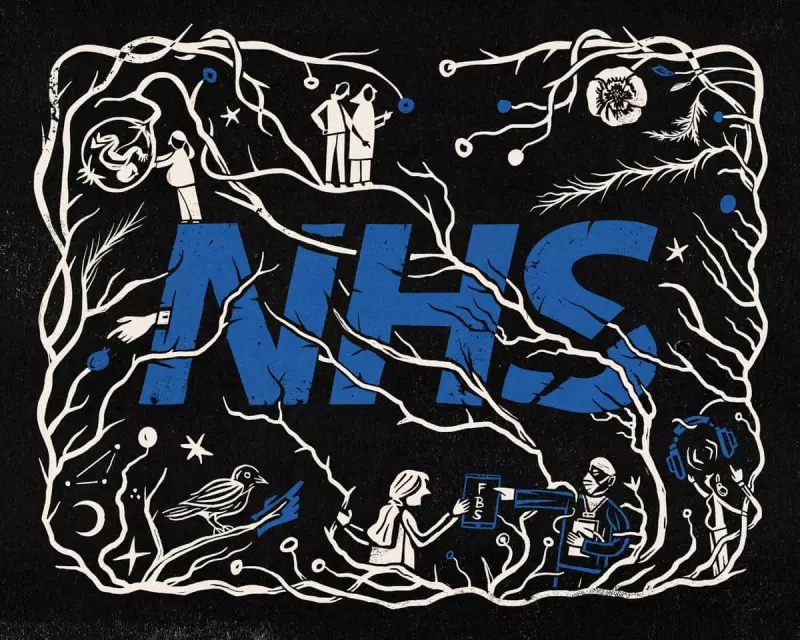
NHS Trusts Directed Women to Controversial Free Birth Group
The NHS has been directing pregnant women considering an unassisted childbirth to a website that connected them with the Free Birth Society (FBS), an organisation linked to baby deaths globally for promoting labour without medical support. This alarming discovery comes after a Guardian investigation revealed how official NHS resources were inadvertently signposting women towards potentially dangerous misinformation.
The FBS Influence and NHS Connection
Multiple NHS trusts had been directing women contemplating 'free birth' to a charity website that, until very recently, referenced FBS podcasts as a source of 'empowering stories' for British women. The webpage contained a direct link to the FBS podcast, which medical experts warn radicalises women with false information about childbirth.
The Free Birth Society advocates for an extreme version of unassisted birth, advising mothers to avoid doctors, midwives, and even pregnancy scans. Run by former doulas Emilee Saldaya and Yolande Norris Clark, it operates as a multimillion-dollar business with a successful podcast, substantial Instagram following, festivals, and online schools.
Until this summer, the official NHS webpage entitled 'Where to give birth: the options' directed women to a factsheet from the charity Association for Improvements in the Maternity Services (Aims). This factsheet explicitly recommended the FBS podcast, describing it as containing helpful stories for women preparing for unassisted births.
Linked Tragedies and Immediate Fallout
A recent Guardian investigation identified 48 cases of late-term stillbirths, neonatal deaths, or other serious harm involving mothers or birth attendants connected to FBS. In 18 of these tragic cases, there is clear evidence that FBS played a significant role in the decision-making that led to potentially avoidable outcomes.
Following contact from the Guardian on Monday, Aims promptly removed the FBS podcast references from its online factsheet. A spokesperson stated they 'were not aware of the serious concerns now associated with FBS' and emphasised that they never recommended or referred women to the group, but merely listed the podcast as an example of material some women were using.
An NHS spokesperson responded firmly: 'The NHS does not endorse this society [FBS], or its ideology which could harm women.' Despite the link to the Aims factsheet being quietly removed from the main NHS page in August, several NHS trusts, including those in Cambridge, Gloucestershire, and East and North Hertfordshire, continued distributing patient information leaflets directing women to the now-modified factsheet.
Understanding the Rise of Freebirthing in the UK
While the prevalence of freebirthing remains low in the UK, it is believed to be increasing. Experts point to several driving factors:
- Distrust of maternity services and fears of over-medicalisation
- The mass closure of home birth services during the pandemic, with many not recovering
- Substandard care experiences in some NHS hospitals
Professor Soo Downe, a senior British midwife at the University of Lancashire, noted that for most women, freebirthing appears to be a 'least worst' option rather than a first choice. A 2024 study by Robert Gordon University found that 'a quest for a safer birth' and 'mistrust of institutional midwifery' were key factors influencing women's decisions.
Recent data from the Nursing and Midwifery Council recorded 142 free births between April 2023 and March 2024 across 47 NHS trusts, though this is considered a significant underestimate. While 65% of surveyed women reported smooth births without medical intervention, the data also revealed one stillbirth and two neonatal deaths among these cases.
Kenga Sivarajah, a lead obstetrician at King's College Hospital, reviewed FBS materials and stated that some information provided is 'dangerous and harmful ... so for the NHS to direct people towards that is very shocking.' The NHS maintains that while unassisted birth is a legal right in England, it strongly recommends accessing trained healthcare professionals to ensure the safety of both mother and baby.






